
A show about relationships with the land
There are many ways to listen to the show: Listen live on CFRU 93.3 fm broadcasting from the University of Guelph Mondays at 6pm EST or listen to the podcast via Spotify, Apple, or just follow the rss feed.
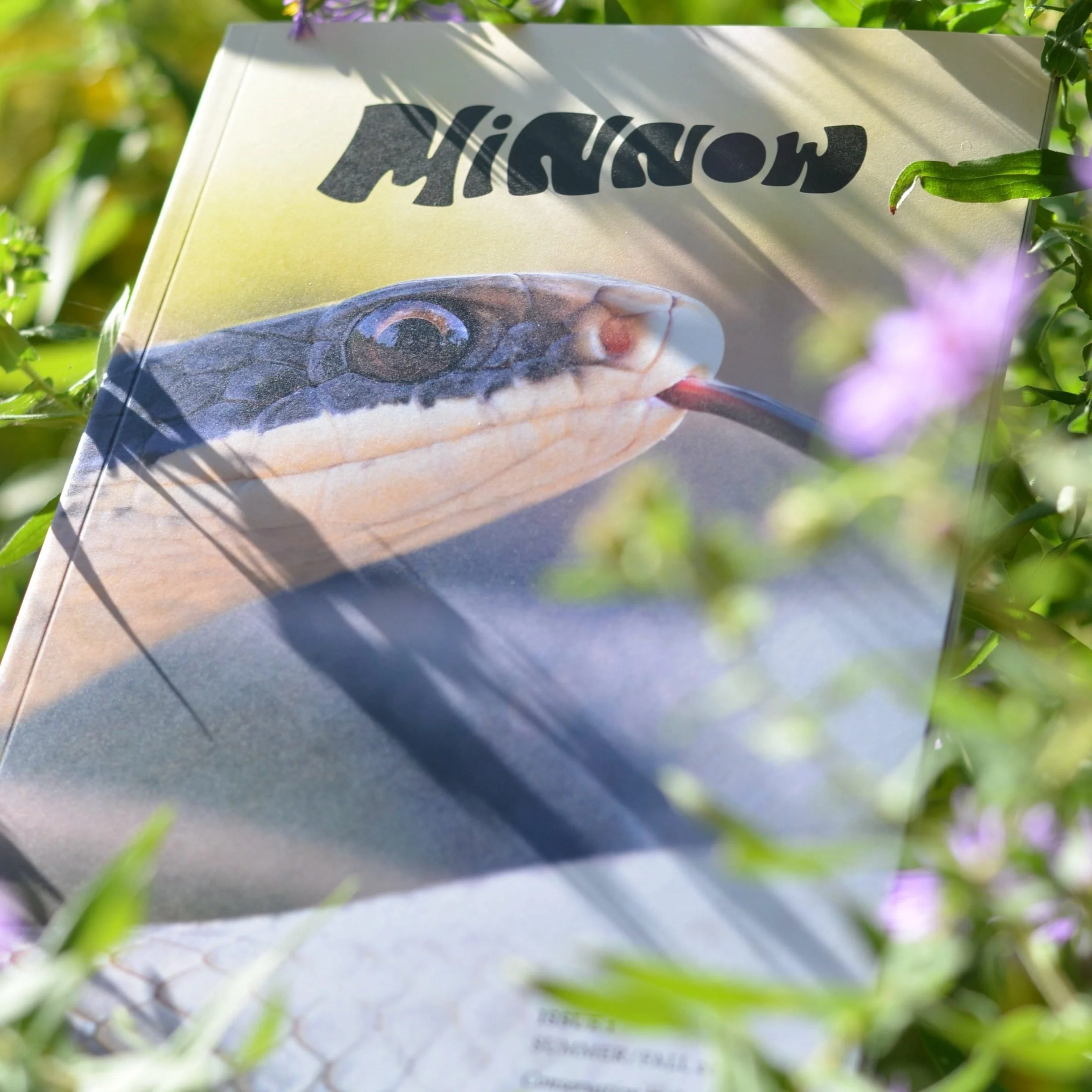
Ep. 272 : Minnow Magazine
Sisters Alex and Tasha Sawatzky’s knowledge of and growing appreciation for the land they lived on was tangible and real, so how could they tell the stories of the species they were coming to know and love, while also countering the dread of our modern world? They decided to start Minnow, a magazine about ecology, conservation and all sorts of species we share a home with.
I had to do an interview to learn more.
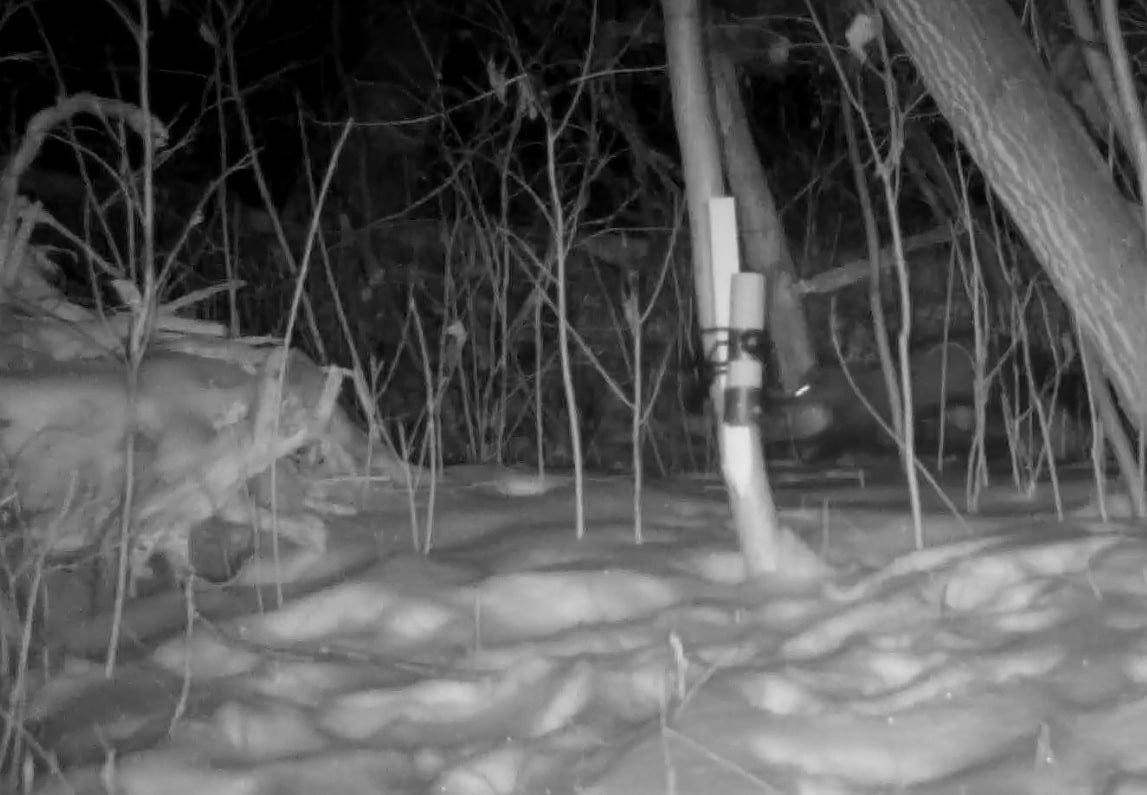
Ep. 264 : A Fisher in Edmonton with Sage Raymond
Fishers aren’t known as an urban adapted species. They tend to avoid our built up landscapes and prefer mature forests comprised of old trees with cavities and lots of course woody debris (think of big piles of dead branches and fallen logs). Because of this Fishers avoid our cities… or so we thought.
Sage Raymond is a researcher who studies urban adapted Coyotes in Edmonton. While out checking some trail cams intended to catch Coyotes on the landscape, she happened across a Fisher trail in the snow. Sage realized that this was a very unusual circumstance and wrote a paper about it. Thankfully, she agreed to talk about her findings on the show.
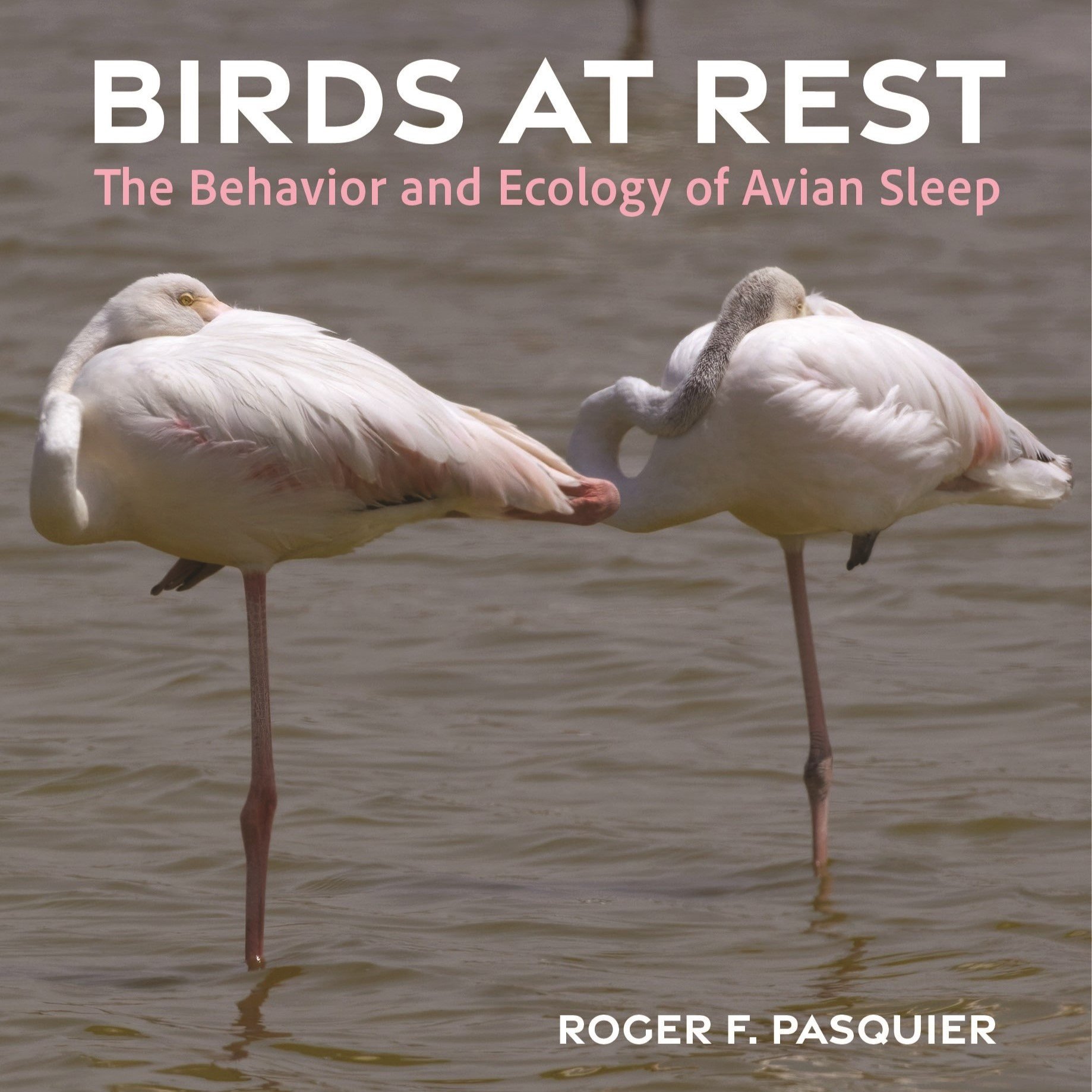
Ep. 262 : Birds at Rest with Roger Pasquier
I have had a lot of conversations with biologists and ornithologists over the years, trying to learn about how different animals sleep. Are the functions of sleep in humans similar to similar animals? What about different kinds of animals, like insects, or birds?
Does photoperiod change the amount of time birds sleep? How does the changing climate affect birds at rest? Do birds dream?
Roger Pasquier has taken the time to collect the information from a ton of various studies into avian rest and sleep and consolidated them into a useful and interesting book, and then taken the time to discuss some of this research on the show.
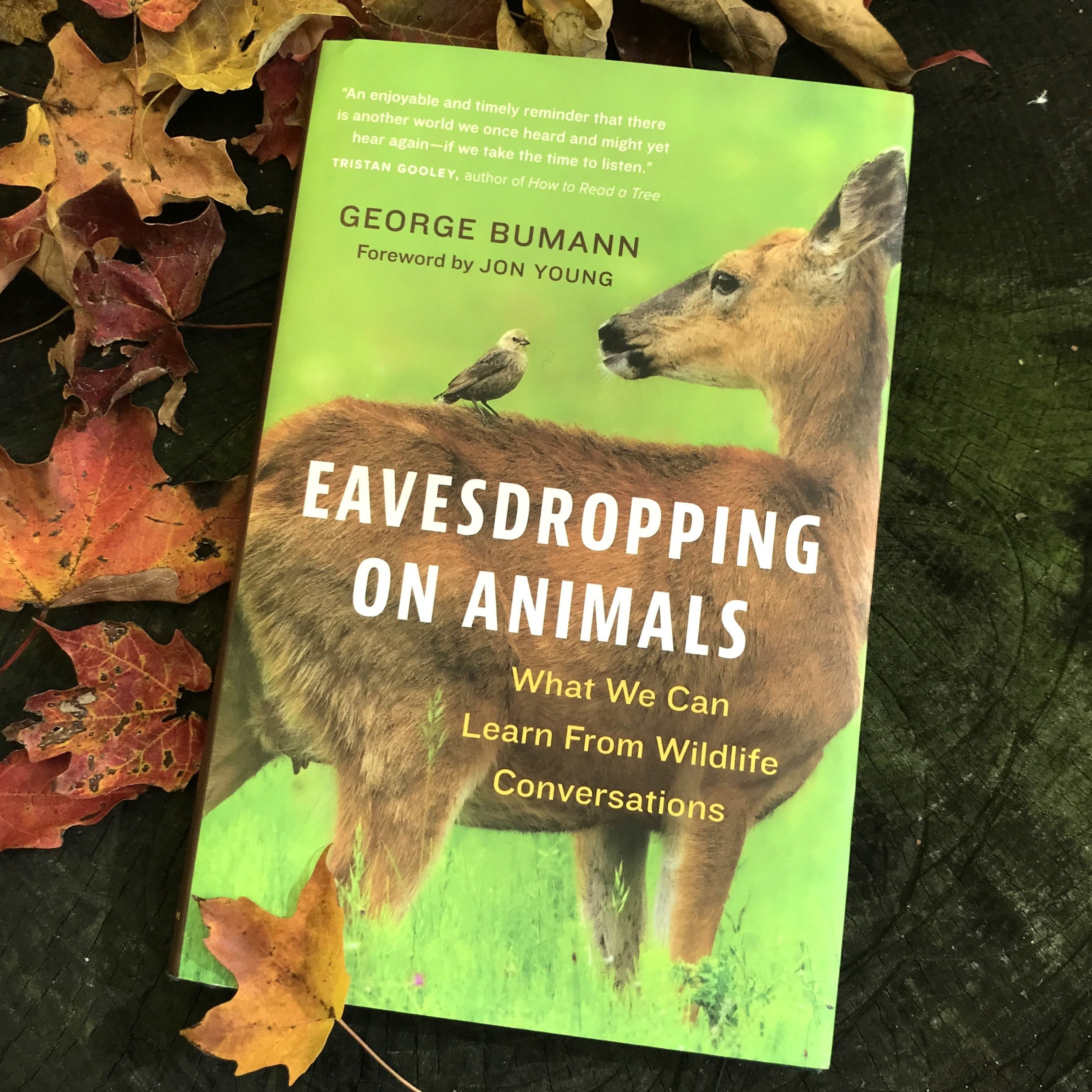
Ep. 254 : Eavesdropping on Animals with George Bumann
Aside of our human cultural space there is the broad other-than human animal place. A world we exist along with, and yet are still achingly removed from. This wilder edge is always calling out, audibly and silently, with gesture, scent, behaviour and sound. George Bumann has been practicing paying attention to this world in ways that I long to.

Ep. 253 : Mushroom Color Atlas with Julie Beeler
As Julie Beeler writes, it wasn’t until 1969 that fungi were taxonomically separated from plants and recognized as inhabiting their own kingdom. There is so much that we do not understand about their taxonomy, their natural history, their functions in their ecosystem, or their medicinal values. With all that we do not know, Julie Beeler’s amazing work, set on paper as the Mushroom Color Atlas draws a clear path towards understanding the possible tones and timbres of colour and shade which we can pull from some of members of this vast kingdom.
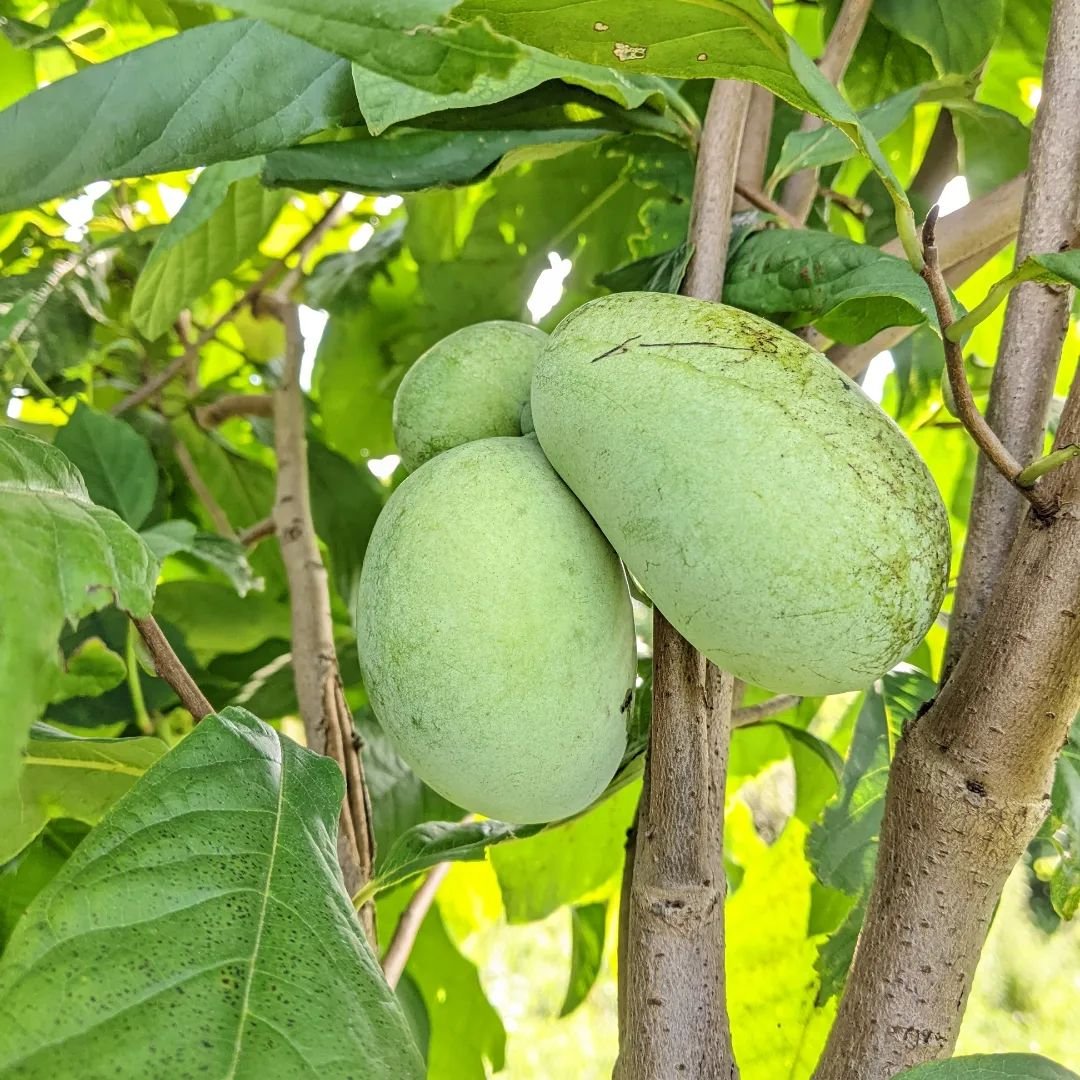
Ep. 251 : Celebrating Pawpaws with the Urban Orchardist, Matt Soltys
For the last couple of years, I have been going to Pawpaw Fest which my friend and neighbour Matt Soltys organizes. Matt Soltys, for those listeners who don’t know yet, is The Urban Orchardist. He teaches me about fruit and nut trees and I help him try and sort out which insects are leaving their sign on the trees.
But back to the point… Pawpaws. Asimina triloba. A fruit with a comeback story. Have you tried one yet? I bet most folks listening have. They are growing more and more, both literally on the land and metaphorically in all the surrounding hype. Is it worth the hype? Matt Soltys seems to think so. He is growing hundreds of them (I had to fact check this statement, and yes, it is true).

Ep. 249 : Bird Pellets with Ed Drewitt
As an aspiring wildlife tracker I want to know about the signs that animals leave behind. Due to my annoyingly excitable curiosity this includes all animals, and all types of sign. This includes the regurgitated masses of undigested food that makes up a bird pellet.
I got excited to interview Ed Drewitt again. His new book Bird Pellets, out now on Pelagic Publishing, has tons of photos, lots of detailed info and some great hints on how to identify the makers of the pellets we find. While the book was written with a British and Irish context in mind, there are many overlaps with Turtle Island/North American species which I find quite helpful.

Ep. 237 : Turtles of North America With Kyle Horner (and salamander migration mini report back)
Did you know that birds are more closely related to turtles, than turtles are to snakes? I just learned that. Do you know what cloacal breathing is? I bet you do… but how does it work? That’s some of the interesting stuff I got to ask naturalist, author and educator Kyle Horner recently when we spoke about his new book Turtles of North America.
And this week’s show isn’t just about turtles! It is a bit of reptilian and amphibian mashup, because for the second part I give a short report back from a recent field trip down to Sudden Tract to check on Spring salamander migration. Tis the season!
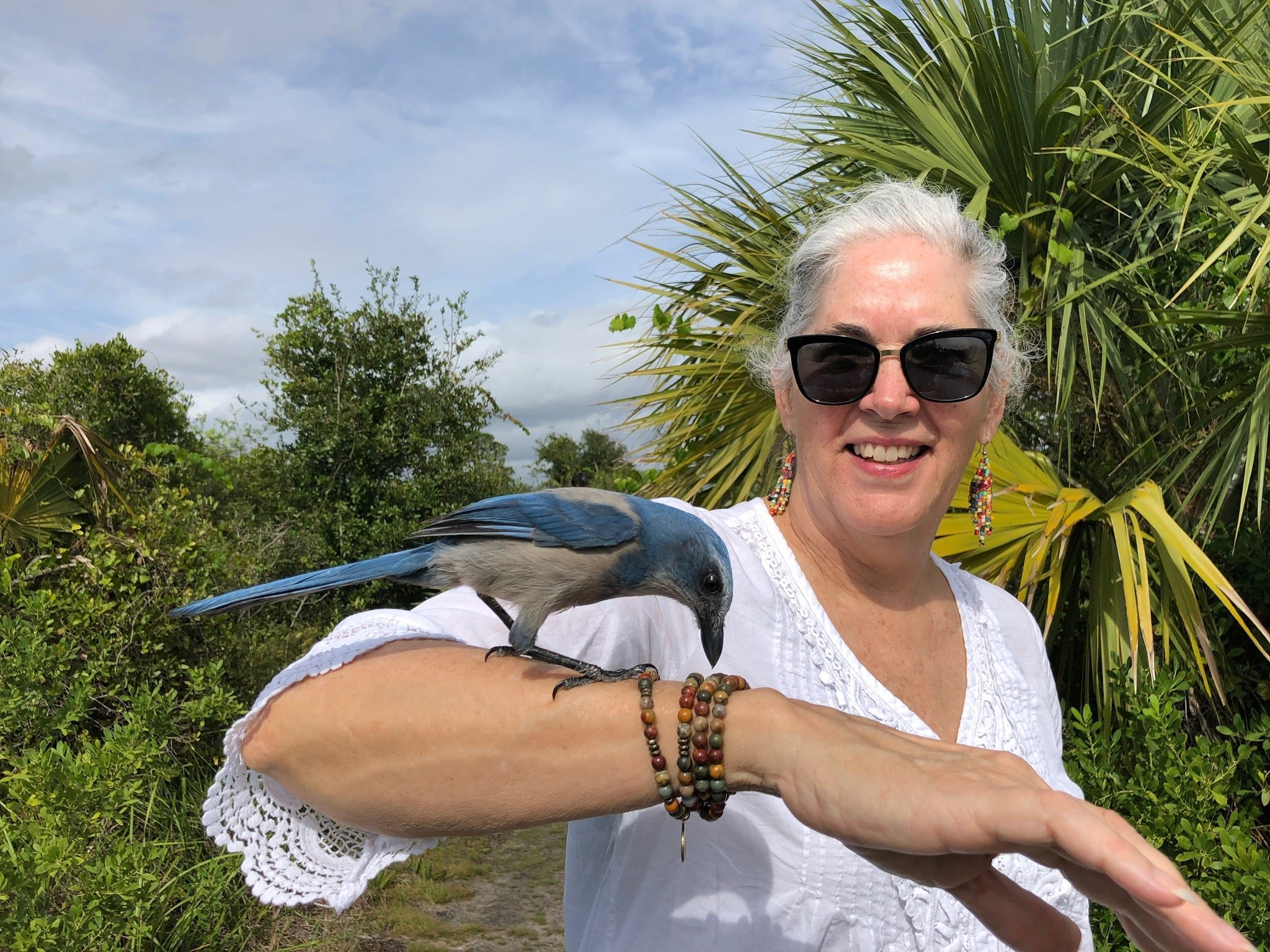
Ep. 230 : In Conversation with Lisa Donahue
How do we aim to teach about a land which has been occupied through theft, displacement, war, and genocide? How can we say we work towards loving relationships with ourselves, with each other and the land when this is the past and present reality of the place we inhabit and the position of the states we are governed by?
I got to talk with a mentor, friend, and elder in my community, Lisa Donahue, about how we can struggle to do the work of bringing folks outside and teaching them alongside the land when the context is rife with harm. As always, Lisa shared from the heart with precision, passion and a poignant reckoning of the ongoing need to work towards justice, peace and good relations. I am so grateful for her wisdom, her humility and her care.

Ep. 226 : Lichens with Troy McMullin
Lichens been a draw for me for the last few years. When it comes to a diversity of lifeforms coming together in a fungal structure to draw down nutrients from the atmosphere, to beautify a landscape, to feed some of the largest land mammals down to sheltering some of the smallest arthropods, I’m hooked.
For many of us, the problem has been where to start, how to get into the lichens, how to identify them and how and where do we learn what roles and functions these forms of life have on the land?
In comes Dr. Troy McMullin, lichenologist, author of dozens of papers on lichens, describer of 10 species new to science, and author of the new book Lichens : The Macrolichens of Ontario and the Great Lakes Region of the United States out on Firefly Books.
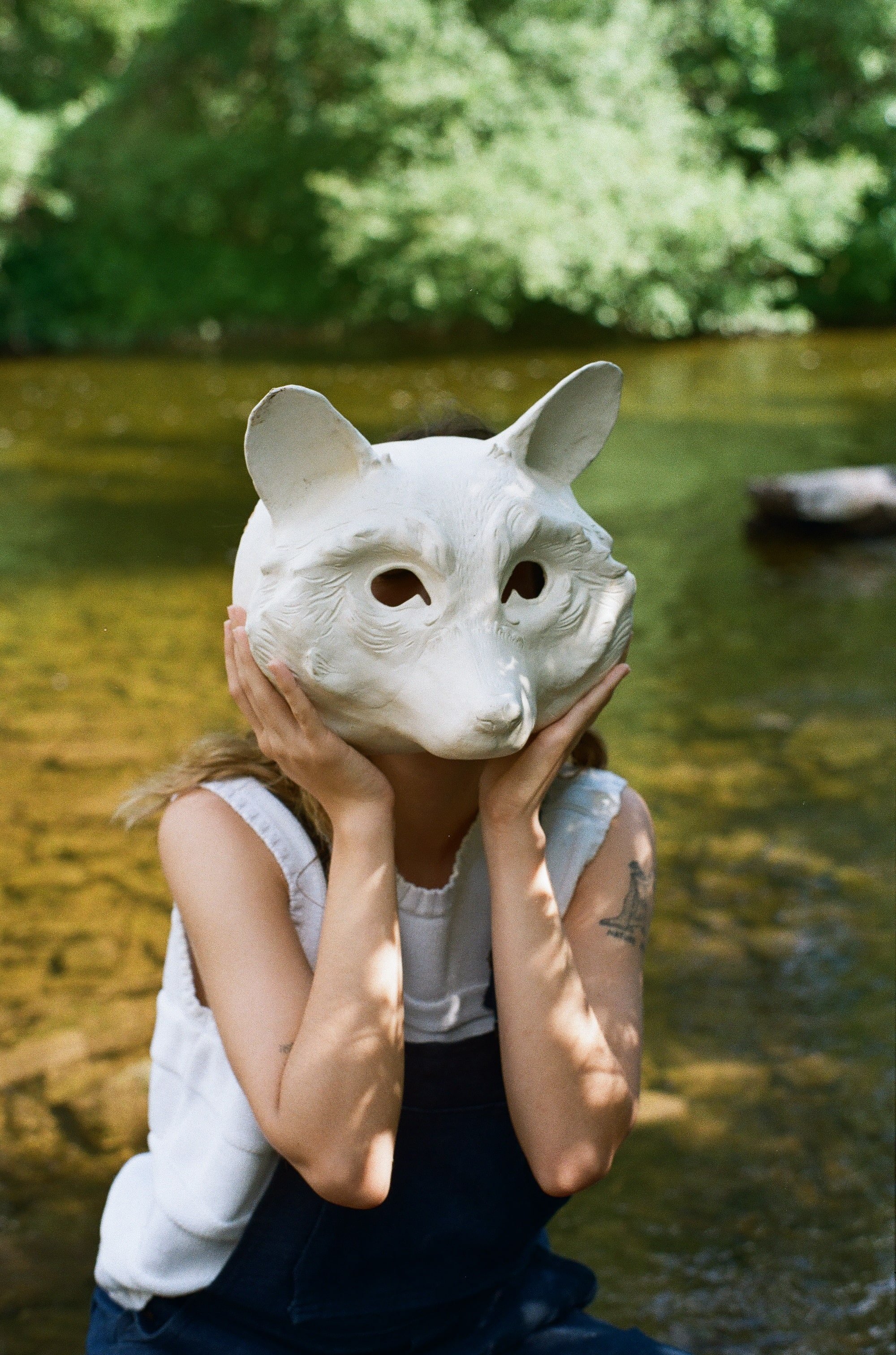
Ep. 224 : Animal Forms with Miki Tamblyn
Animal Forms is a project is all about empathy, about remembering how to be in connection with the other-than-human world. As Miki asks, “aims to explore how we (humans) can imagine ourselves in the place of the other people we share our planet with. How might our thoughts and actions change if we practiced seeing the world through another's eyes?”
Miki Tamblyn has created a project where folks can practice being an other-than-human animal.
We sat down at the site of the project, along the Eramosa River in Guelph to discuss inspiration, project formation, overall response to the project and its goals, as well as the experience of embodiment of another form of life.
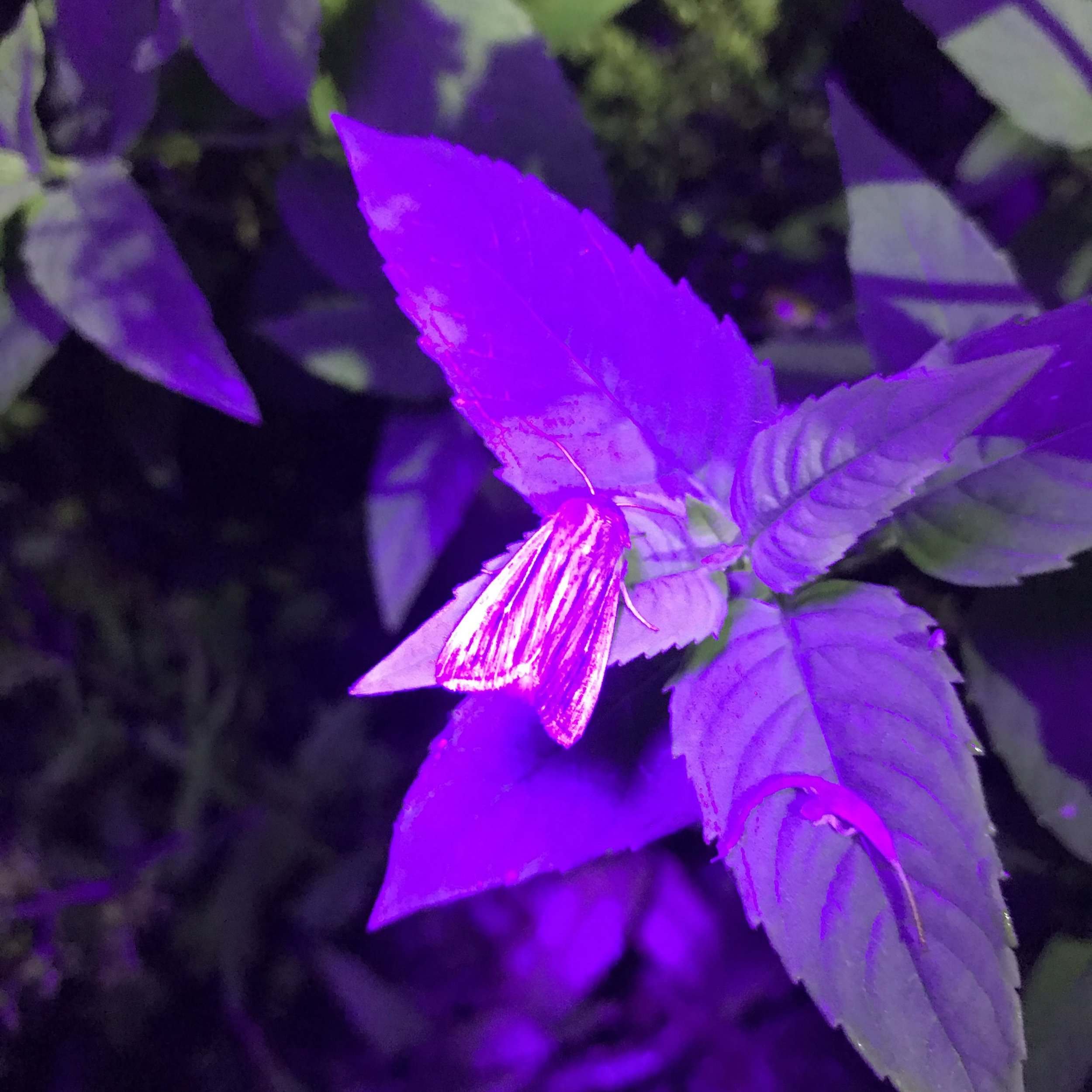
Ep. 223 : Moth Garden with Lisa Hirmer and Christina Kingsbury
In some circles, reciprocate is the new “sustainable”, a hot word which implies a lot but isn’t always doing what we might imagine. But how can we try to actually live up to, and create the reciprocity, the giving back and forth, to that and those who give us so much?
For me, Moth Garden feels like a project trying to demonstrate reciprocity in a real, tangible, replicable ways. Christina Kingsbury and Lisa Hirmer have been researching, planting, growing and shaping a garden with an intention of creating sensory worlds for/of the more-than-human, nourishing spaces planted with food, shelter, and room for transformation and rest; planted for often maligned and misunderstood members of our broad interspecies communities.
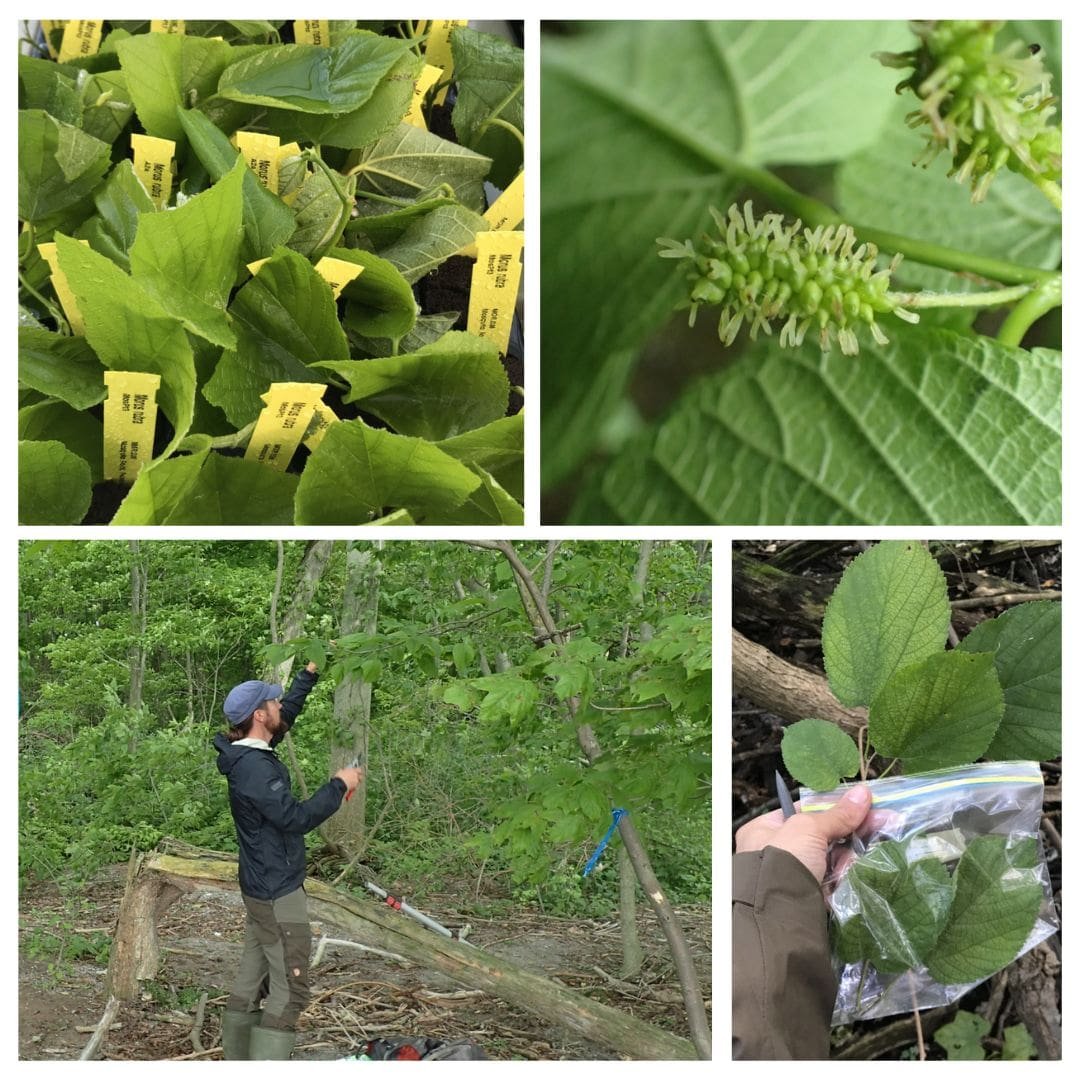
Ep. 222 : Red Mulberry Recovery Program with Sean Fox
A couple of days after my recent interview discussing Mulberries with Matt Soltys, the Arboretum at the University of Guelph shared a couple of posts on instagram about the Red Mulberry Recovery Program where researchers are looking into how to identify, propagate, and eventually distribute Red Mulberries to their partners. They are also trying educating the public on how the White or Asian Mulberries can be detrimental to conservation of the Red Mulberries. Immediately I wrote to them to try and set up and interview.
Gratefully Sean Fox, senior research associate at the Arb, took the the time to get into the complexity and nuance of dynamic movements of species and how we can take actions towards conservation of a species which is endemically endangered.
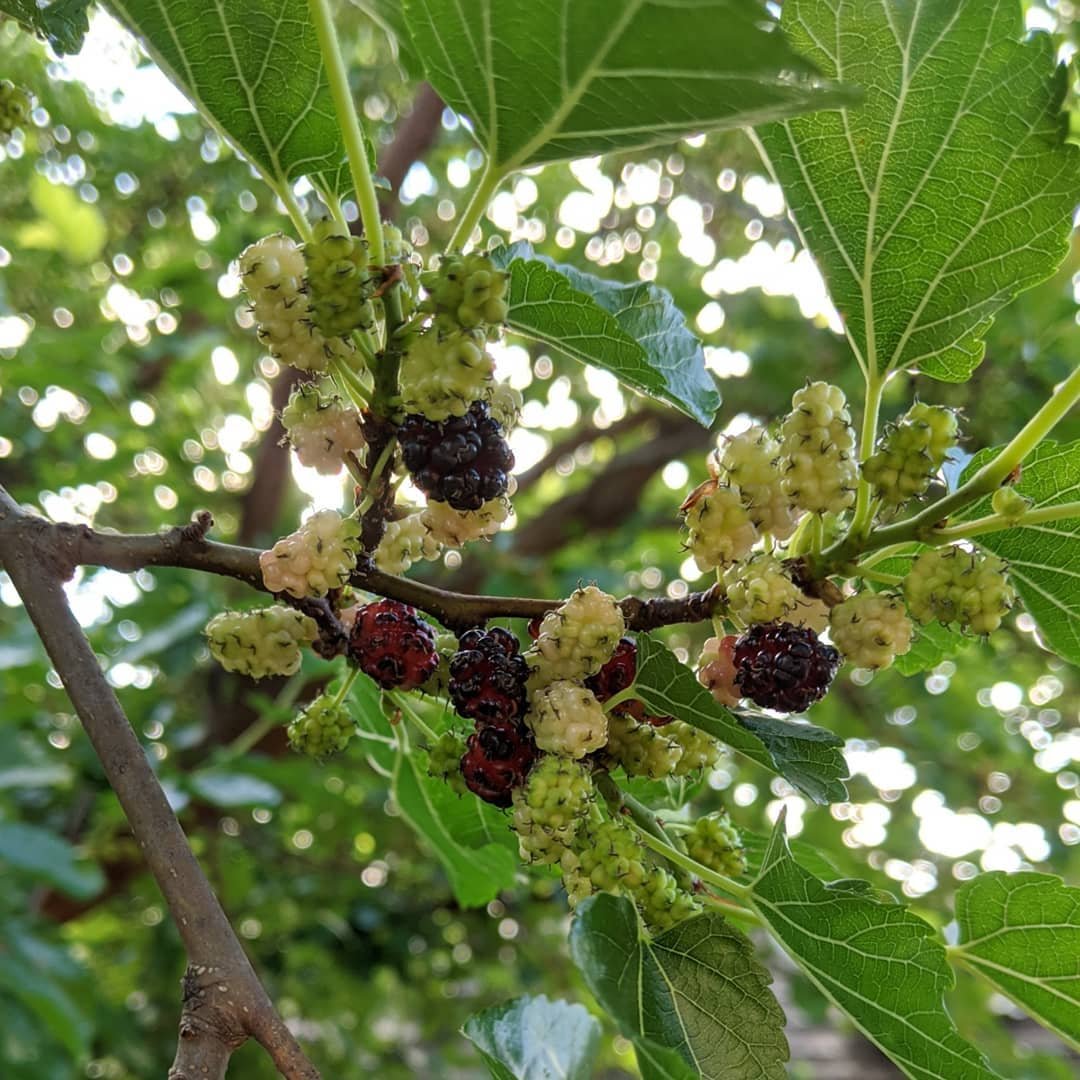
Ep. 219 : Discussing Mulberries with Matt Soltys
Mulberries are a well known and popular wild urban edible that a lot of foragers come to know early in the development of the craft. They are easily identifiable, taste great, and prolific in urban and peri-urban environments which means lots of people can get to know them. Not only are there an abundant of Mulberry trees out there, each fruit producing tree makes buckets of fruit that litter the sidewalks for a month if the birds, squirrels, Raccoons and humans don’t get at them first. And while Mulberries don’t seem like a political focal point in the world of conservation, I am learning that they can be as well.
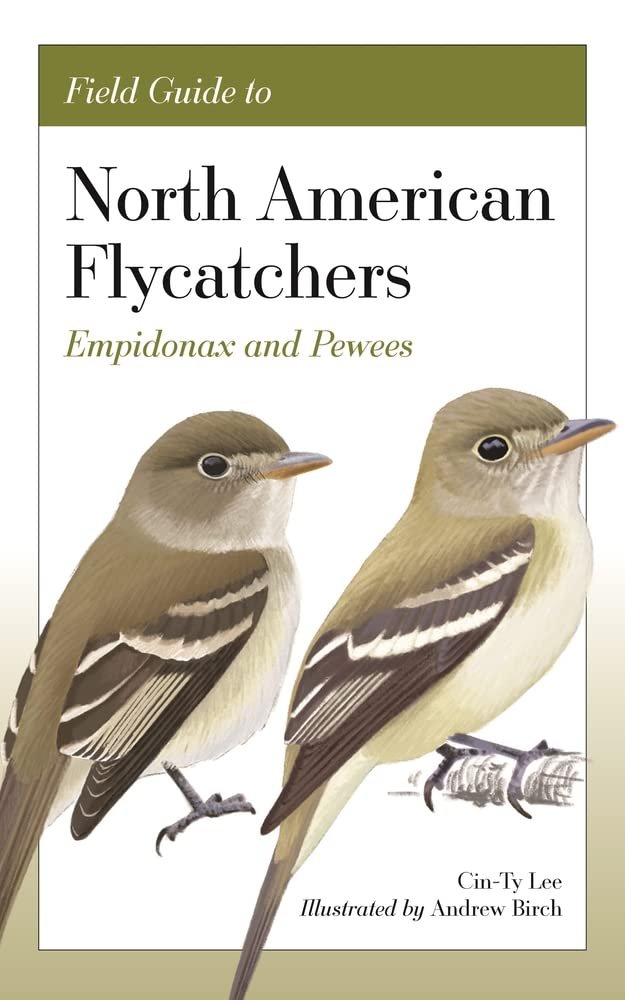
Ep. 214 : North American Flycatchers with Cin-Ty Lee and Andrew Birch
Cardinals, Blue Jays, Robins, Mourning Doves, Mallards, Black-capped Chickadees. Quite common and familiar birds most folks seem to know. One of the reasons is that they have very distinct patterning and physical traits that render them easily identifiable. Even some of the Sparrows can be differentiated by a slightly advanced beginner. Flycatchers? They can be tough. When I see a Yellow-bellied Flycatcher (Empidonax flaviventris) in the woods, despite being one of the more recognizable, determinable Empidonax species, I am still left uncertain, full of doubt and just generally end up calling it a Flycatcher.
I spoke with Cin-Ty and Andrew about their new book and how this new method of identification can help us not only better identify some of the Flycatchers, but also to look at how we regard all birds in ways that encounter them more fully, experiencing them in broader context through investigating narrower characteristics.
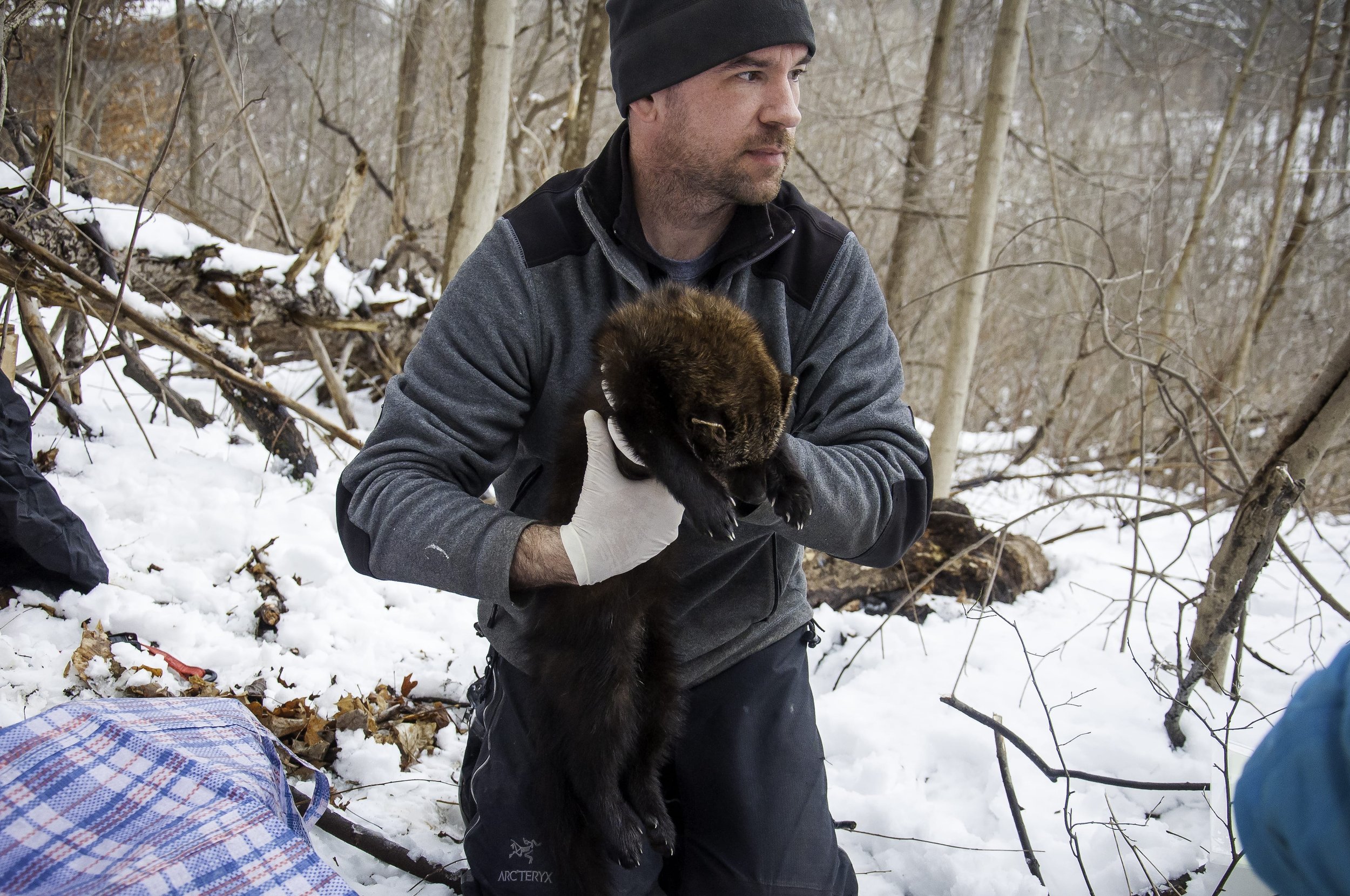
Ep. 211 : Fisher Researcher Dr. Scott LaPoint
Recently while tracking a Fisher in Algonquin Park we encountered a large galloping trail that had a long stride length of 106 cm (41¾ in). This was about 28 cm (10 in) longer than what is recorded in Mark Elbroch's “Mammal Tracks and Sign” (Stackpole, 2019). When I finished measuring, I was discussing this extraordinarily long stride with some colleagues. They told me about a National Geographic article, based on a paper about increasing body sizes and range expansion of Fishers in the Northeast. I was immediately interested. When I got home from Algonquin, I looked the paper up. I read the abstract but I had to find out more so I wrote to the author, Dr. Scott LaPoint, to see if he could help answer my questions and be game for an interview. He was in.
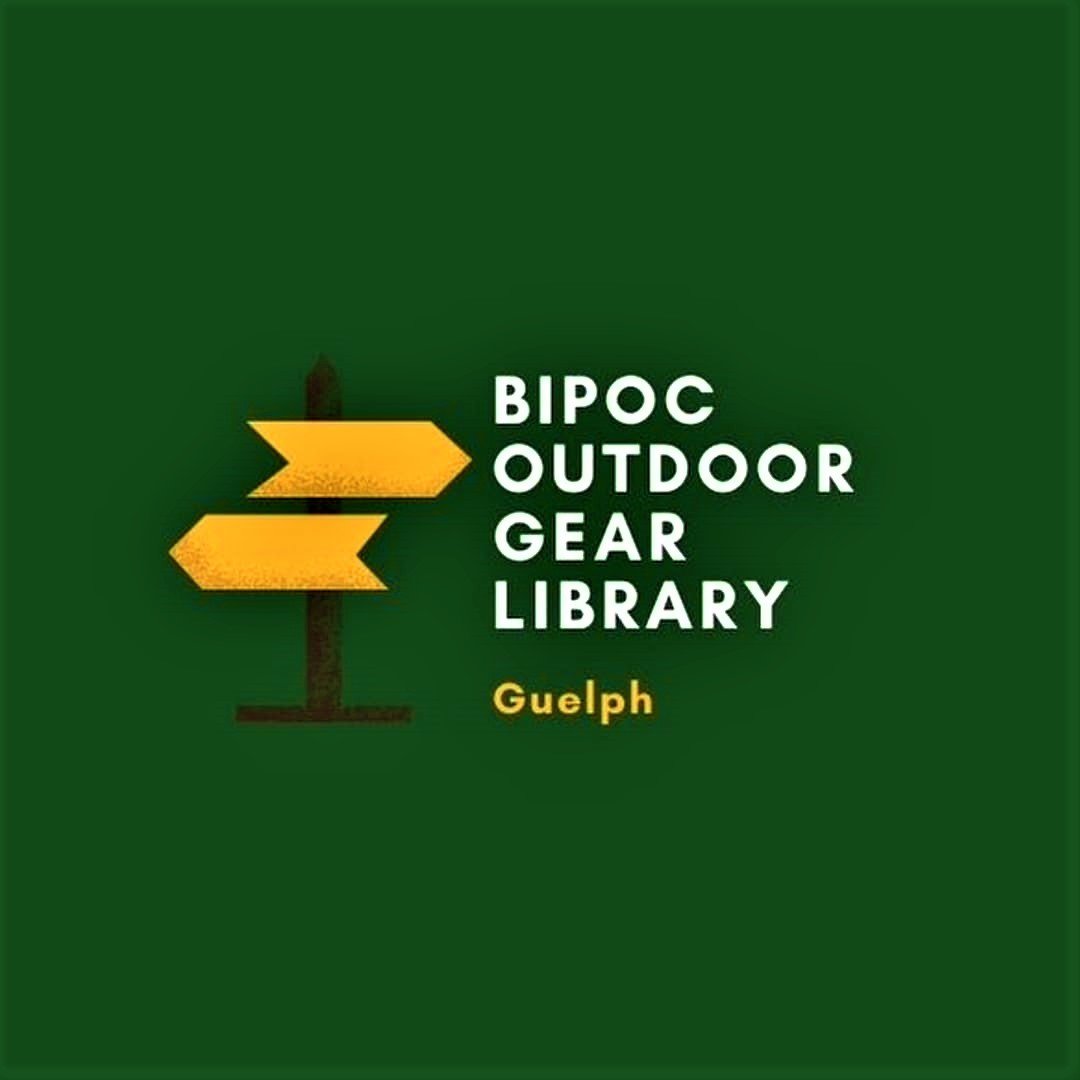
Ep. 210 : BIPOC Outdoor Gear Library
Over and over on this podcast (and through the blog) I have spoken to the need to be outdoors and the value for us emotionally, physically, spiritually and socially in participating with the wider wilder world around us. But when these opportunities are interrupted by white-supremacist narratives on who belongs outdoors, the BIPOC Outdoor Gear Library steps up and reminds us that everyone belongs outside!
BIPOC Outdoor Gear Library is a community-based lending library focused on providing access to outdoor equipment for the BIPOC communities of (so-called) Guelph and the surrounding areas. Their gear list includes snowshoes, kayaks, camp stoves, fishing poles, bikes, coolers, sleeping bags, and so much more. But it doesn’t end there. There are events like social hikes, yoga and meditation, archery, cross-country skiing outings, even an overnight camping and paddling weekend!
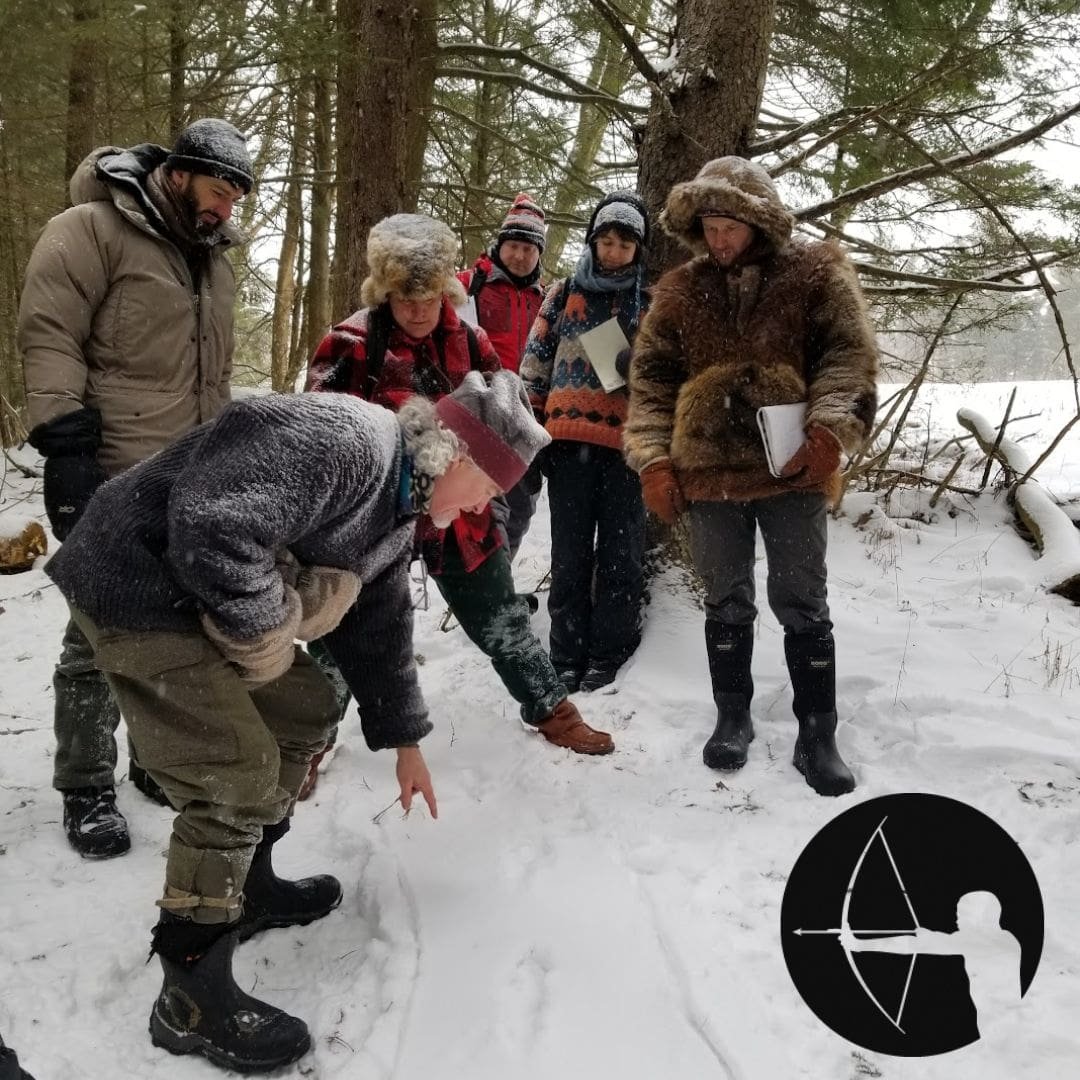
Ep. 209 : Tracker Certification North America
Tracker Certification North America is an evaluating body in the field of wildlife tracking and trailing, and so much more. They host evaluations which double as in depth community tracking and trailing training sessions, going deep on the explanations and pointing out how the evaluator can see what they can see. This process encourages dialogue, feedback and reflection, community discussion and a deeper understanding of the trails the animals are leaving behind.

Other platforms where you can listen to the show :
As well as : Pocket casts : RadioPublic : ListenNotes : Podcast Republic


